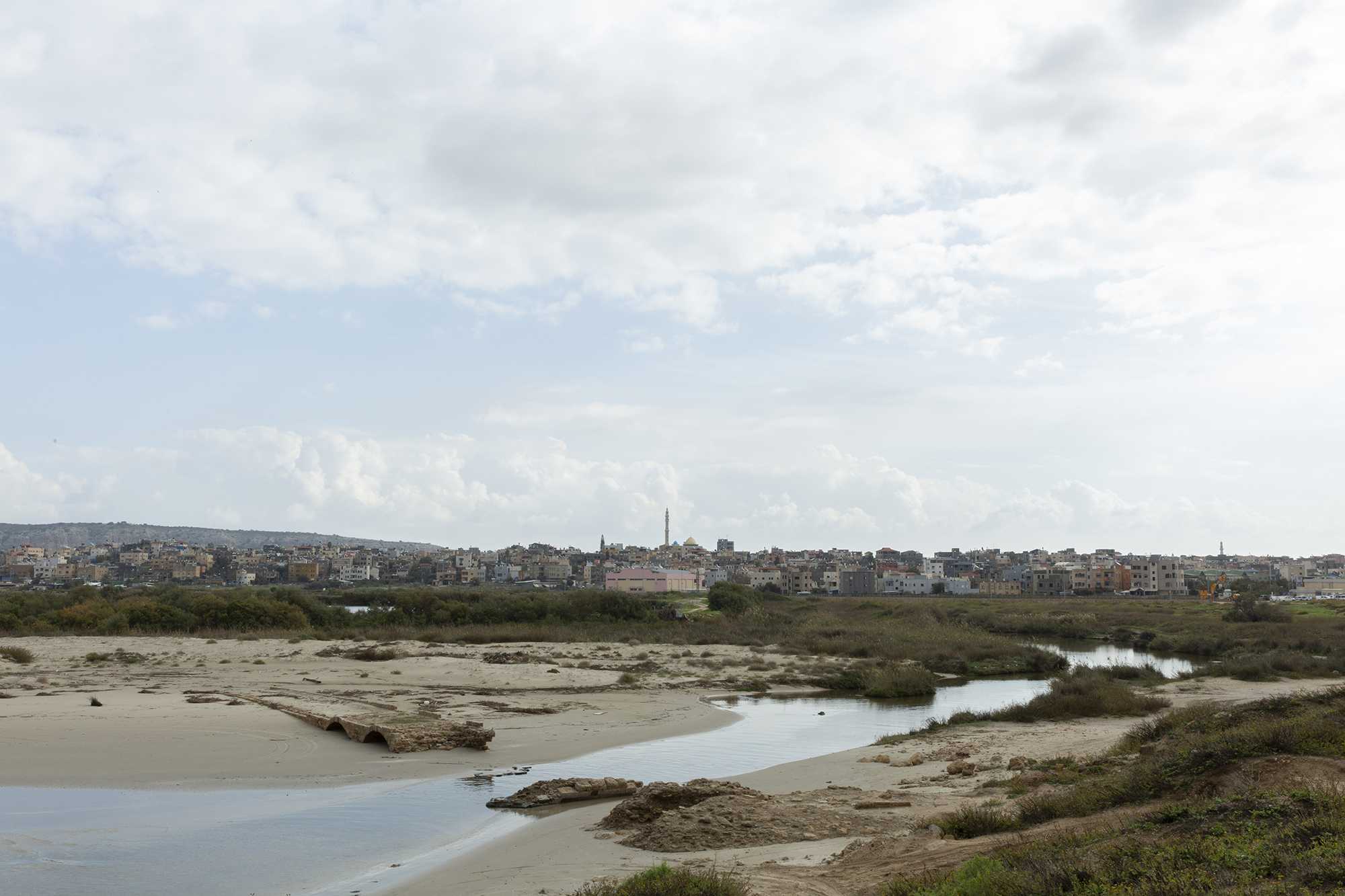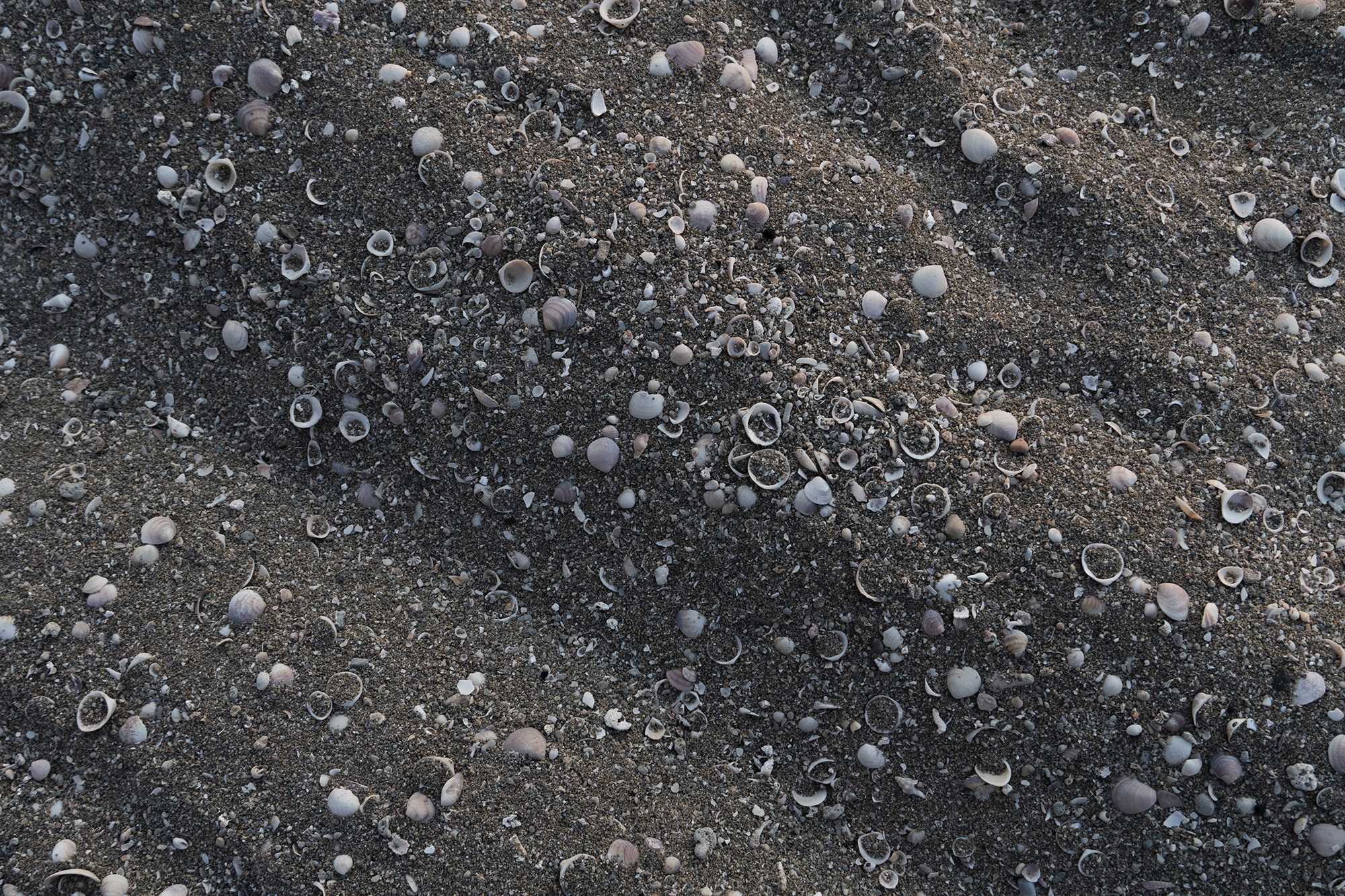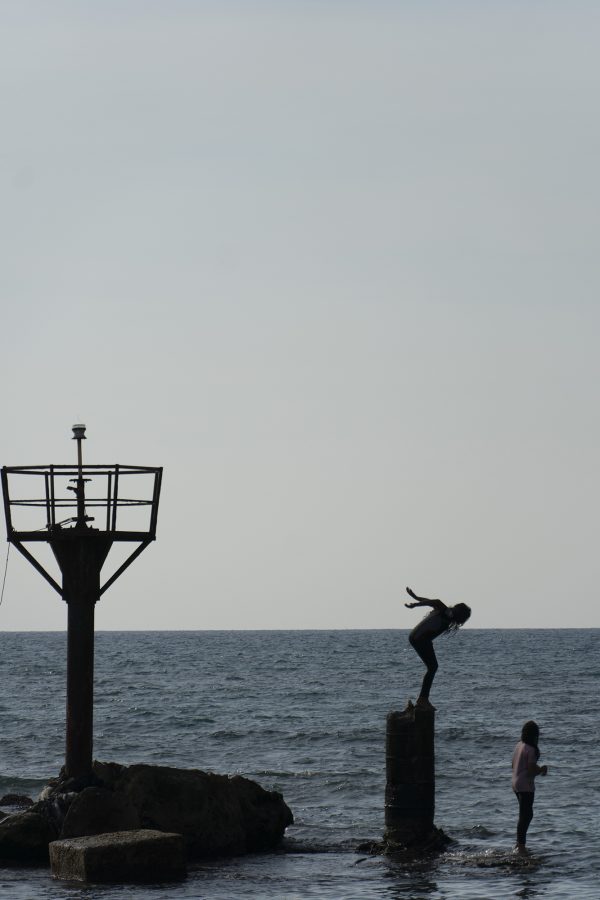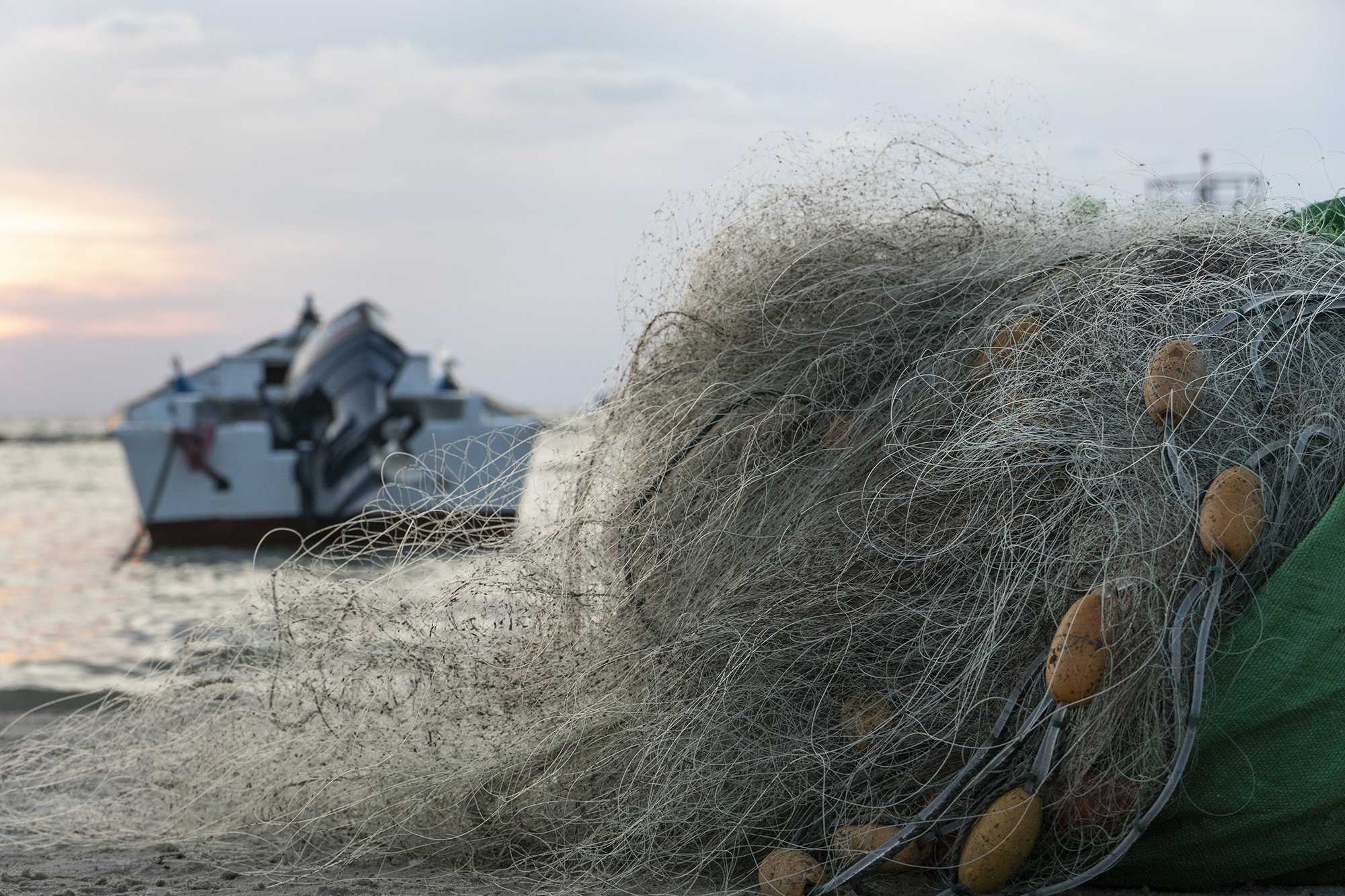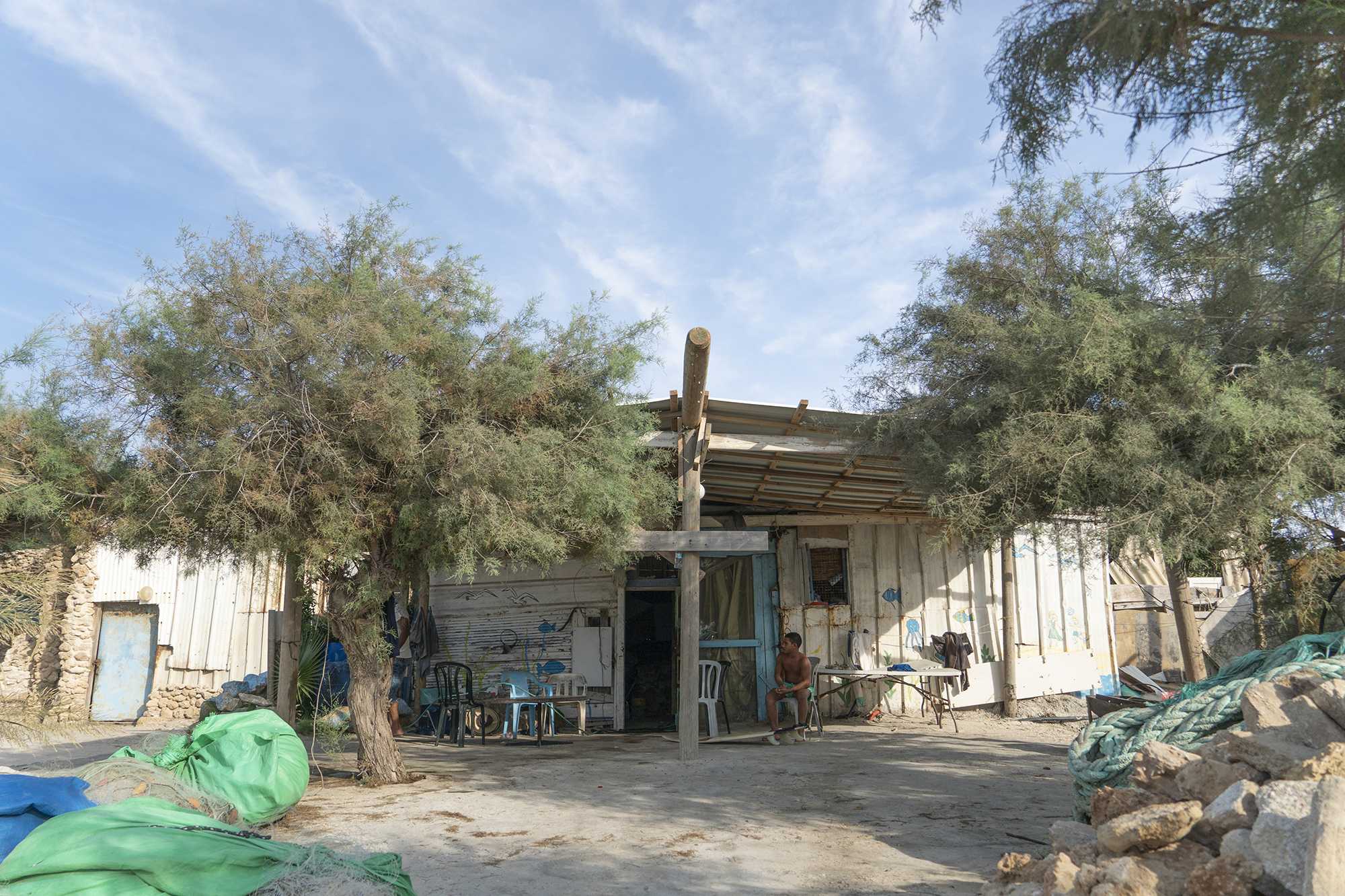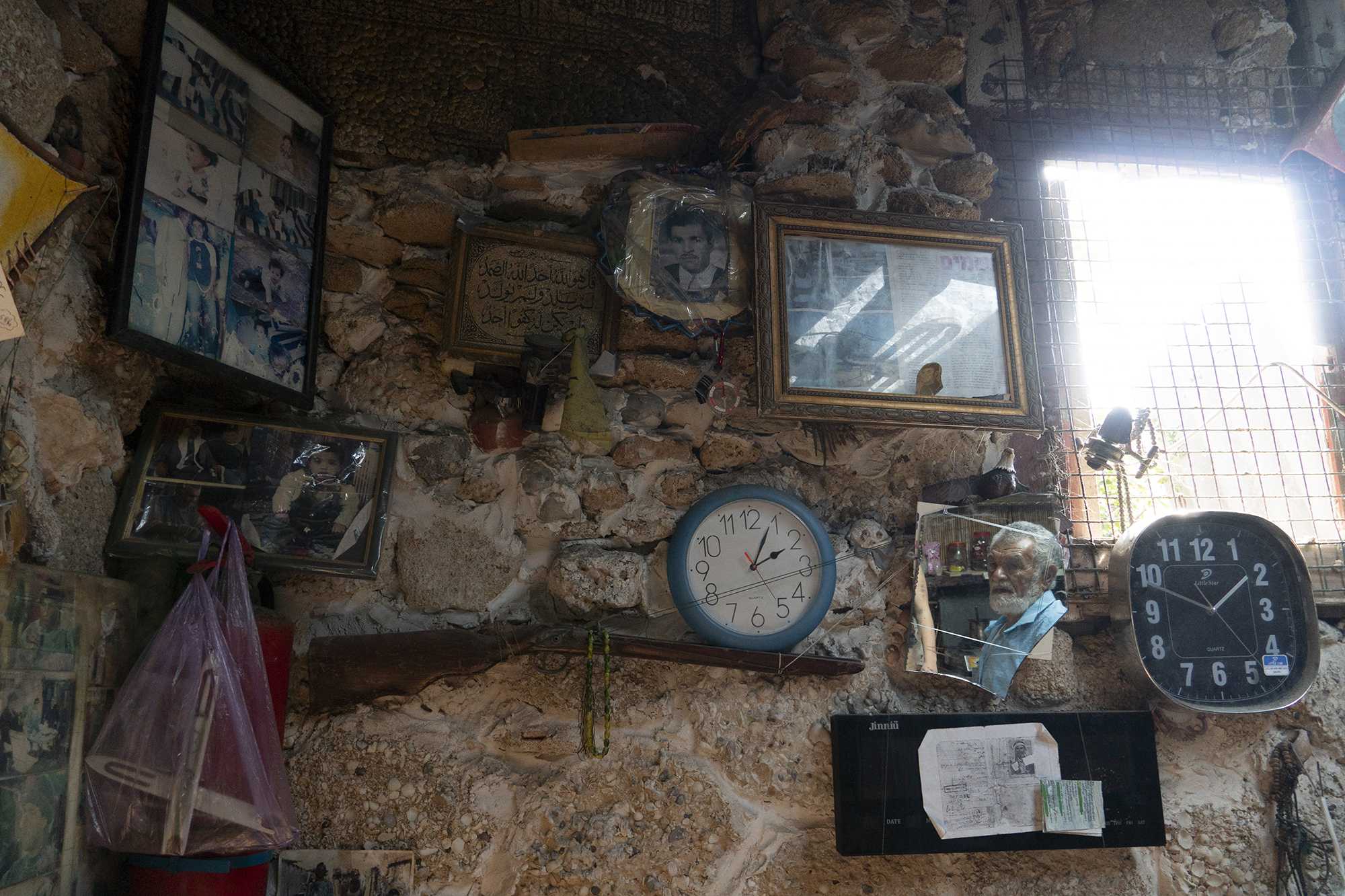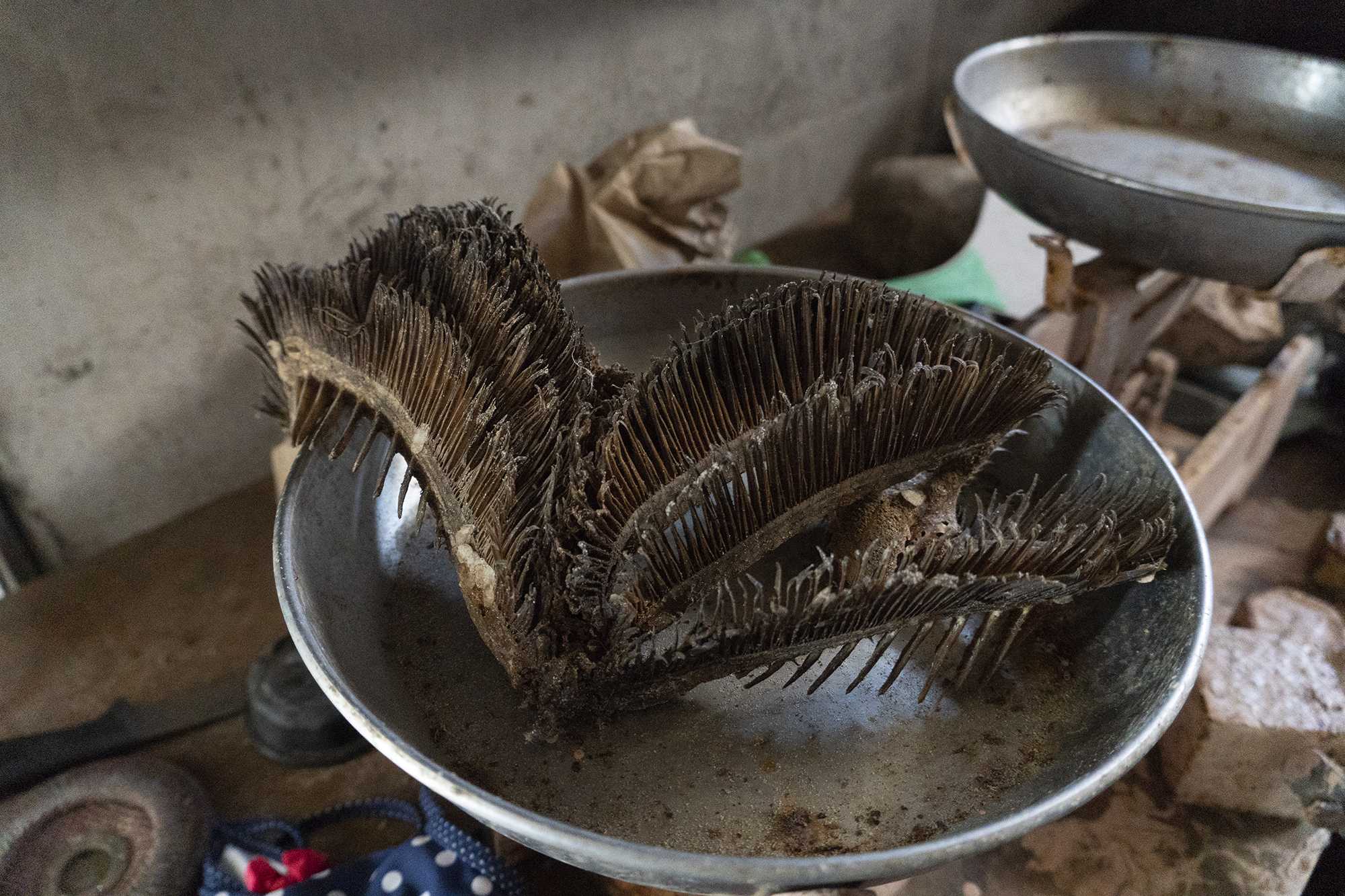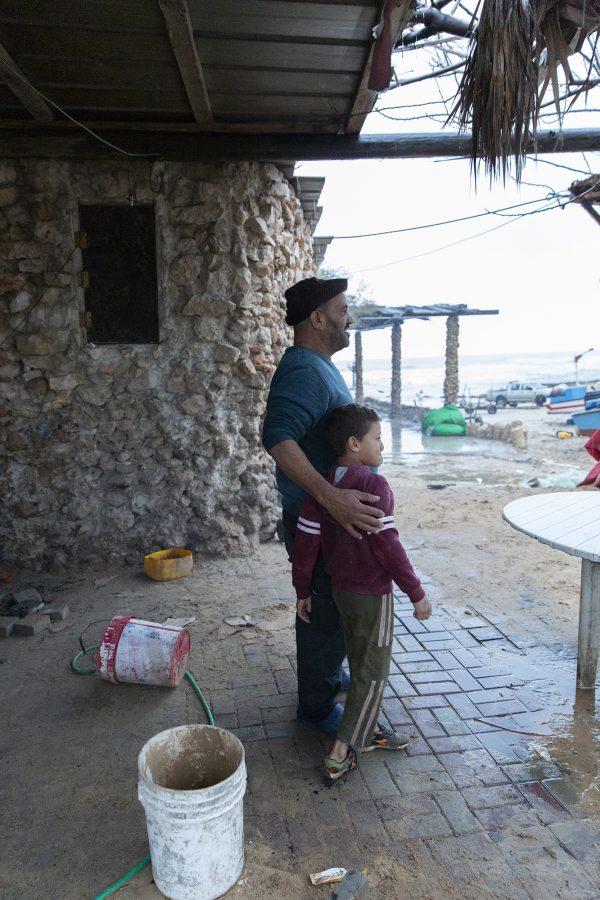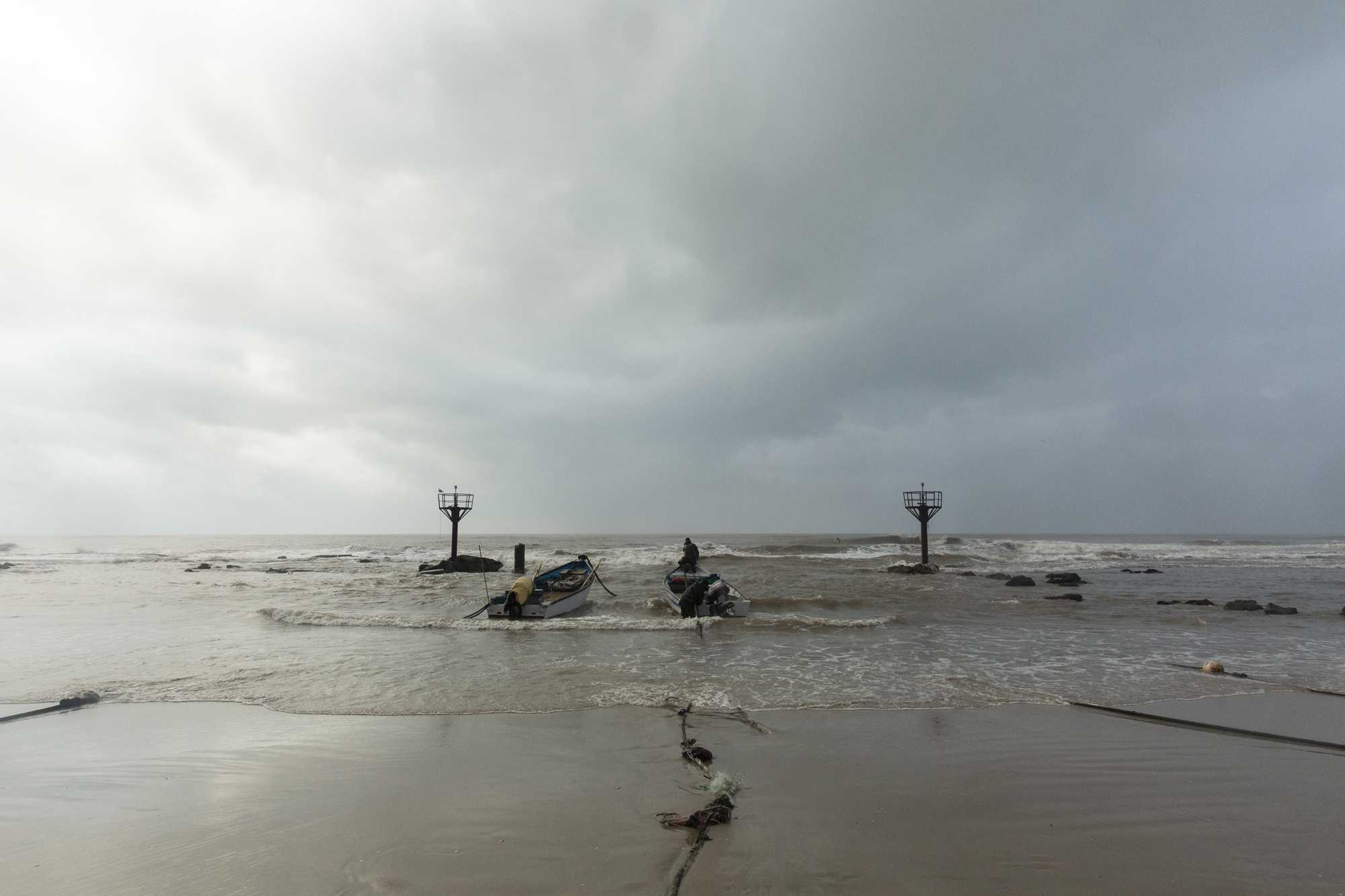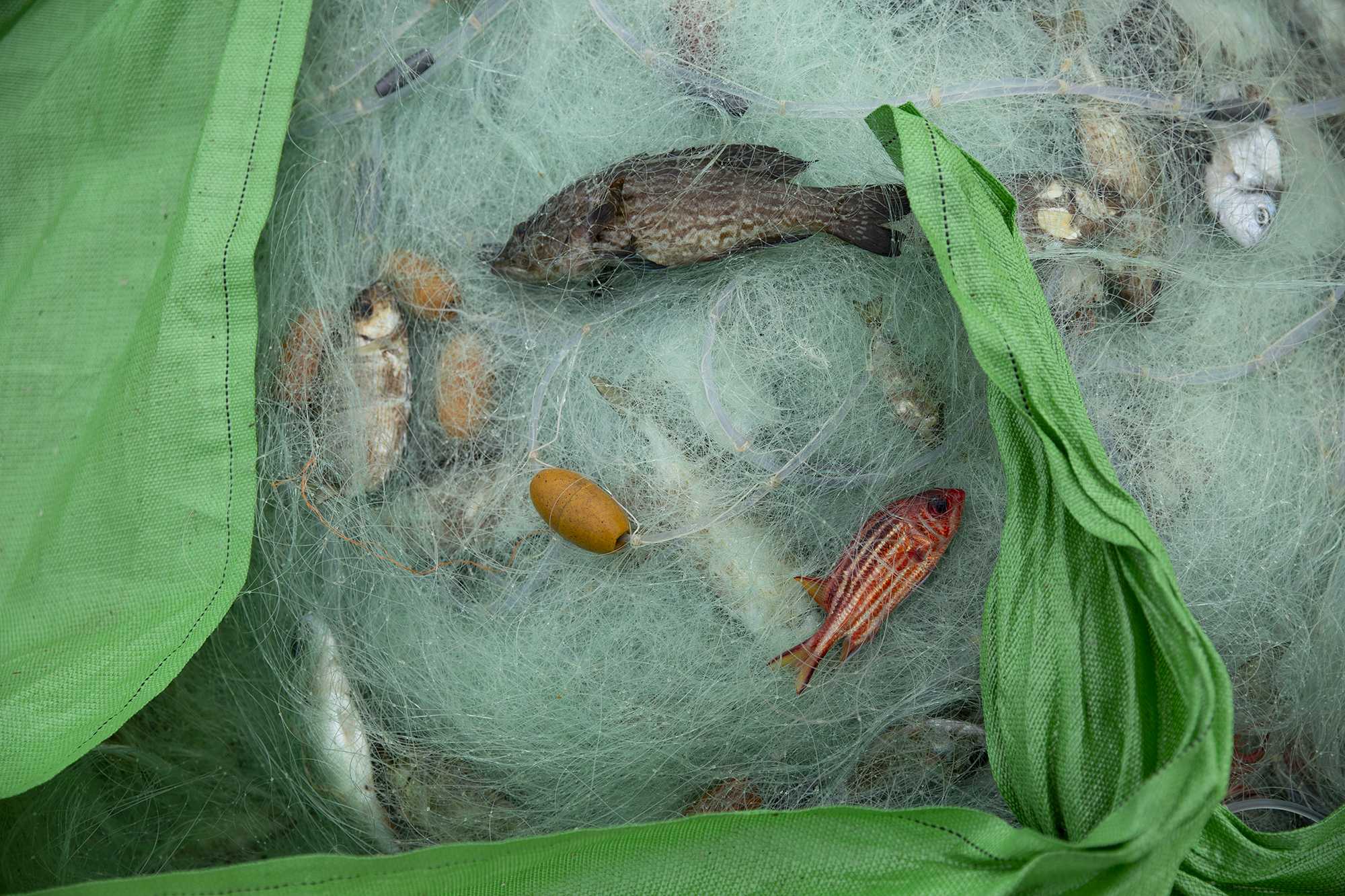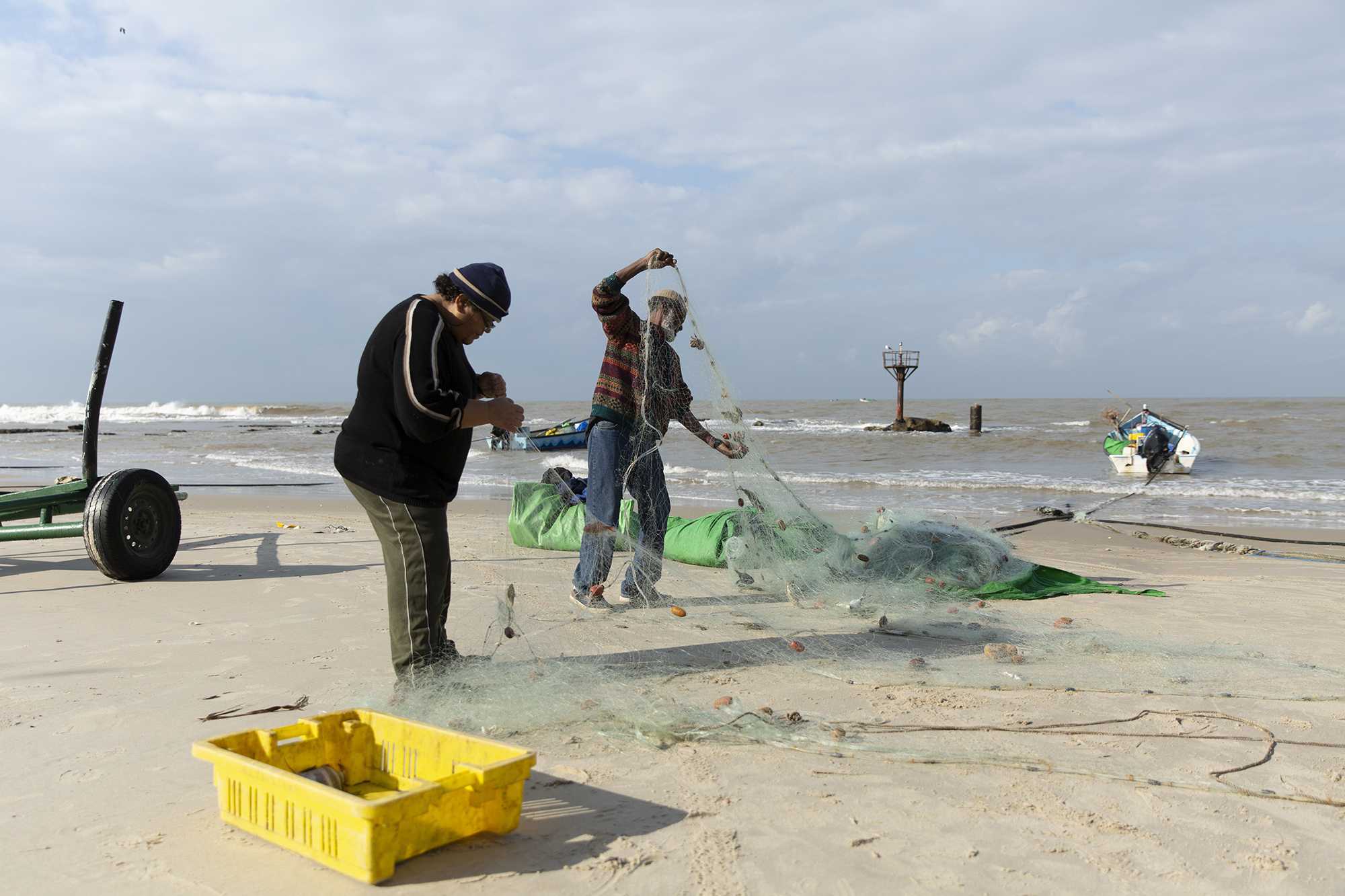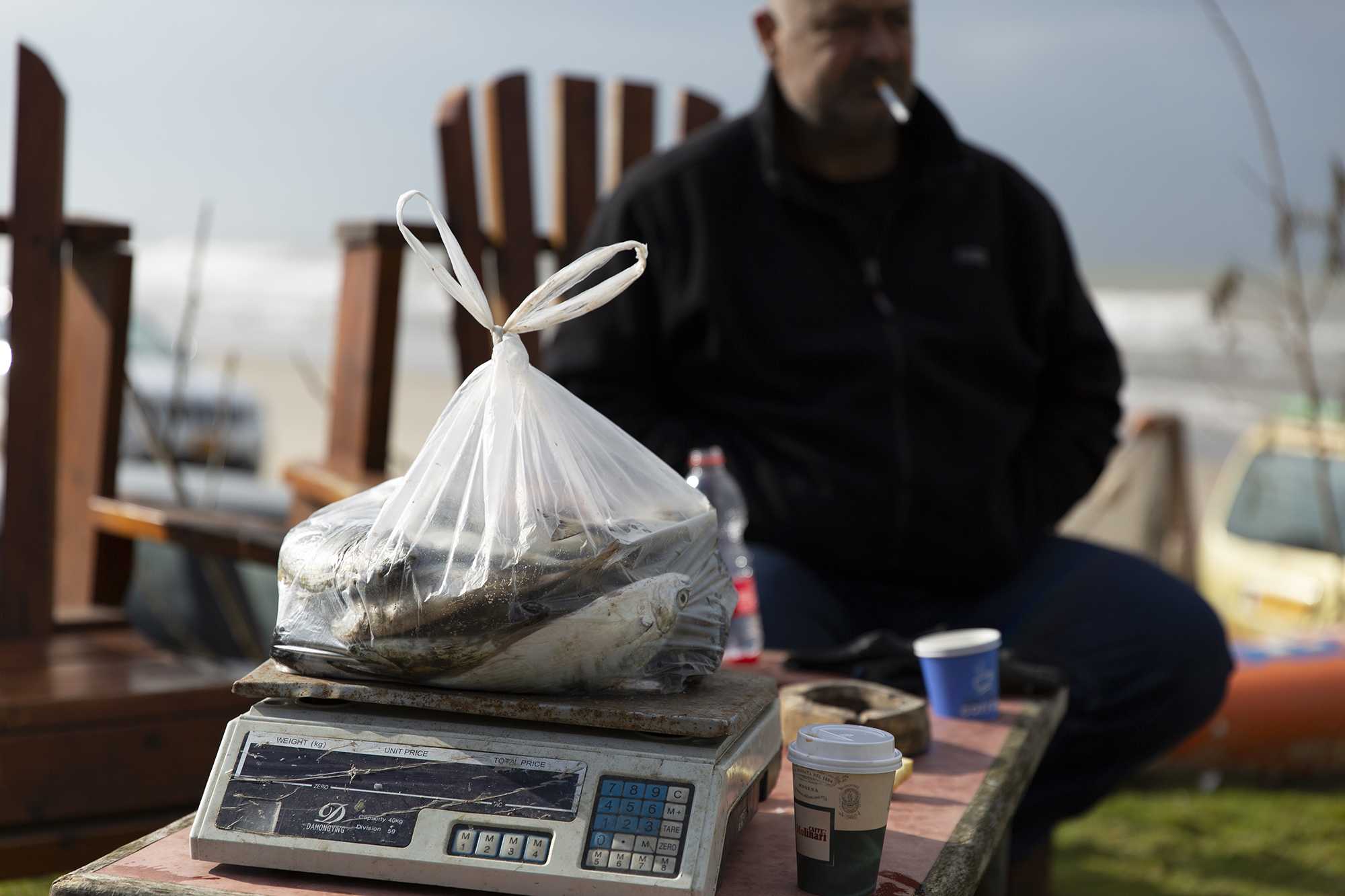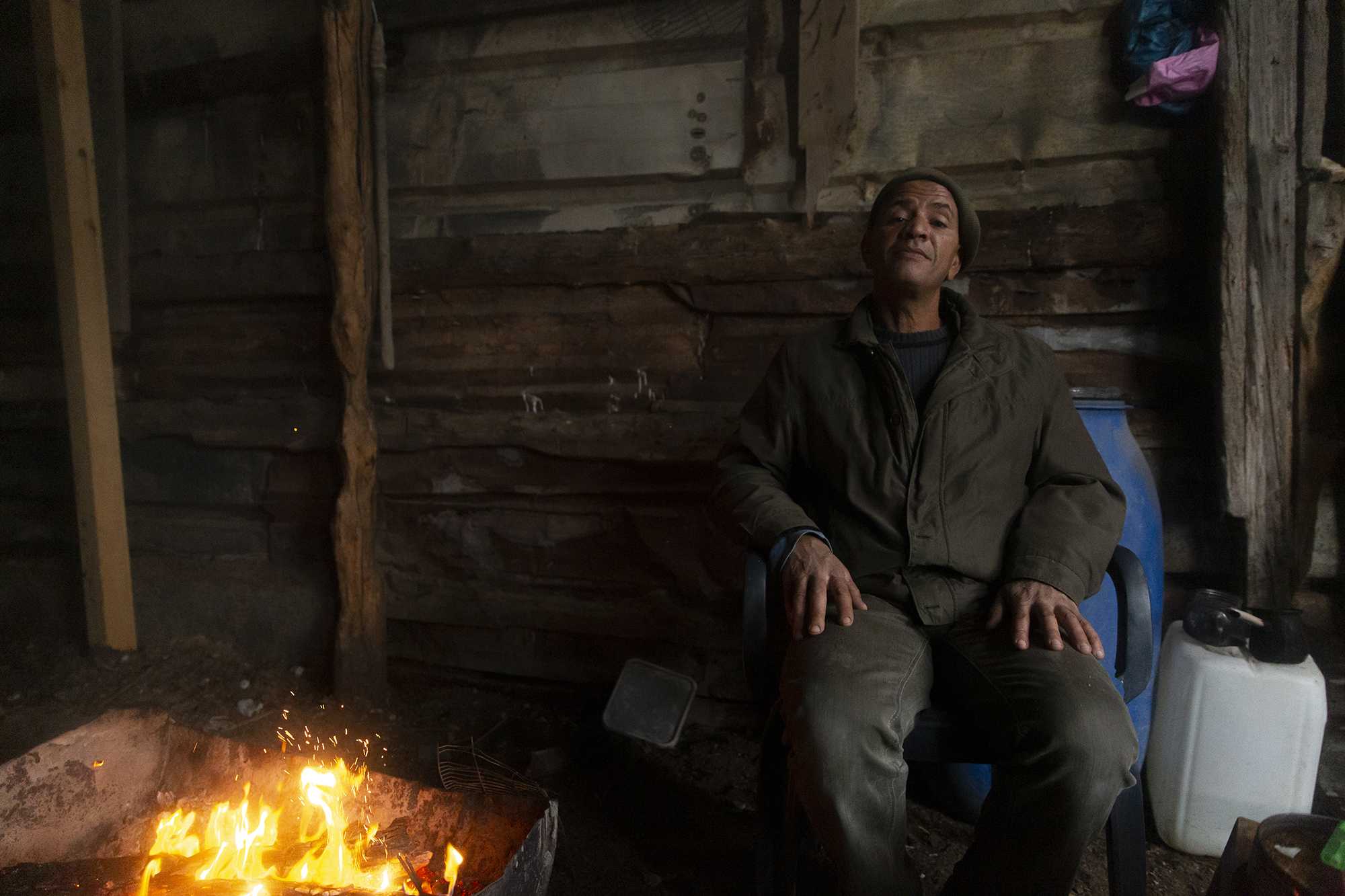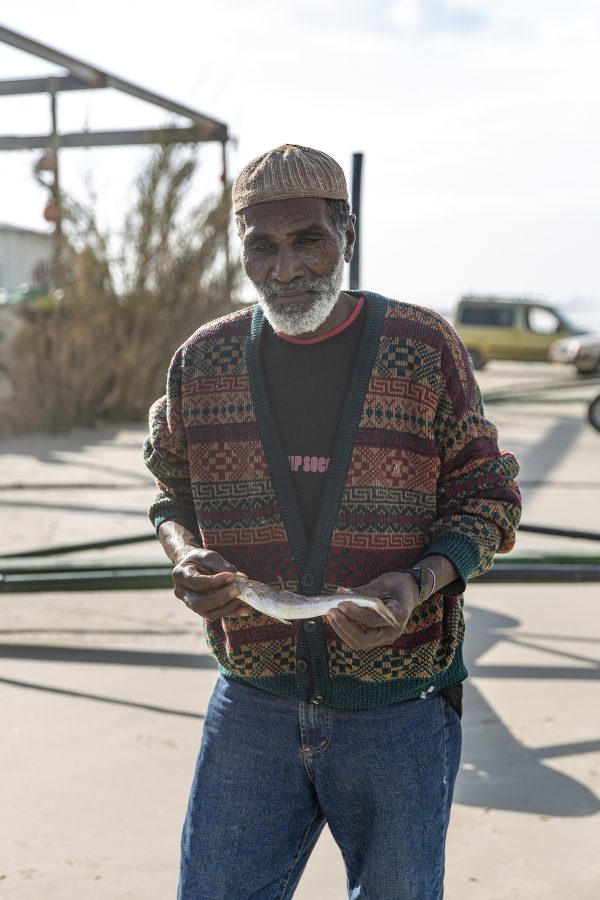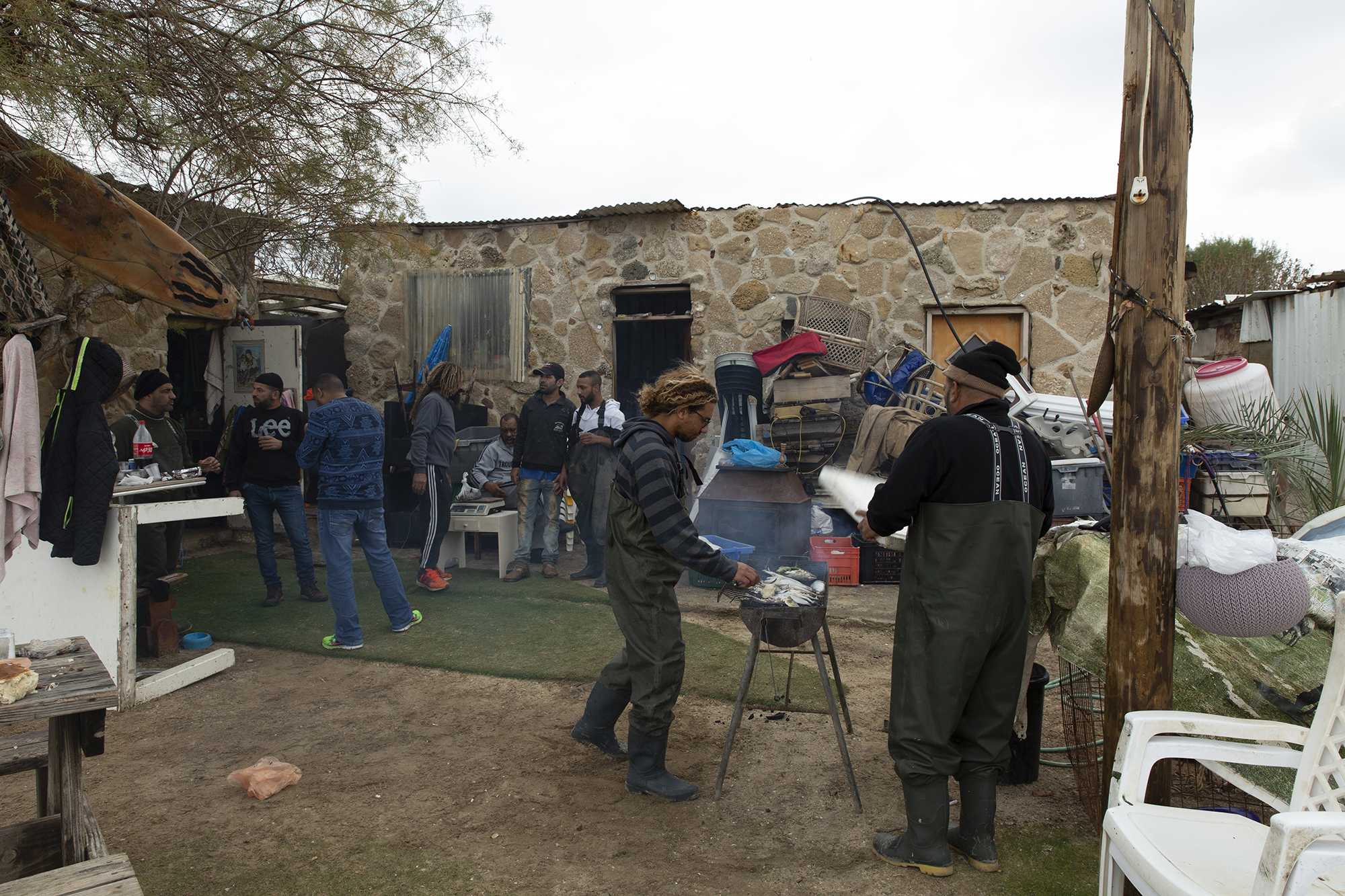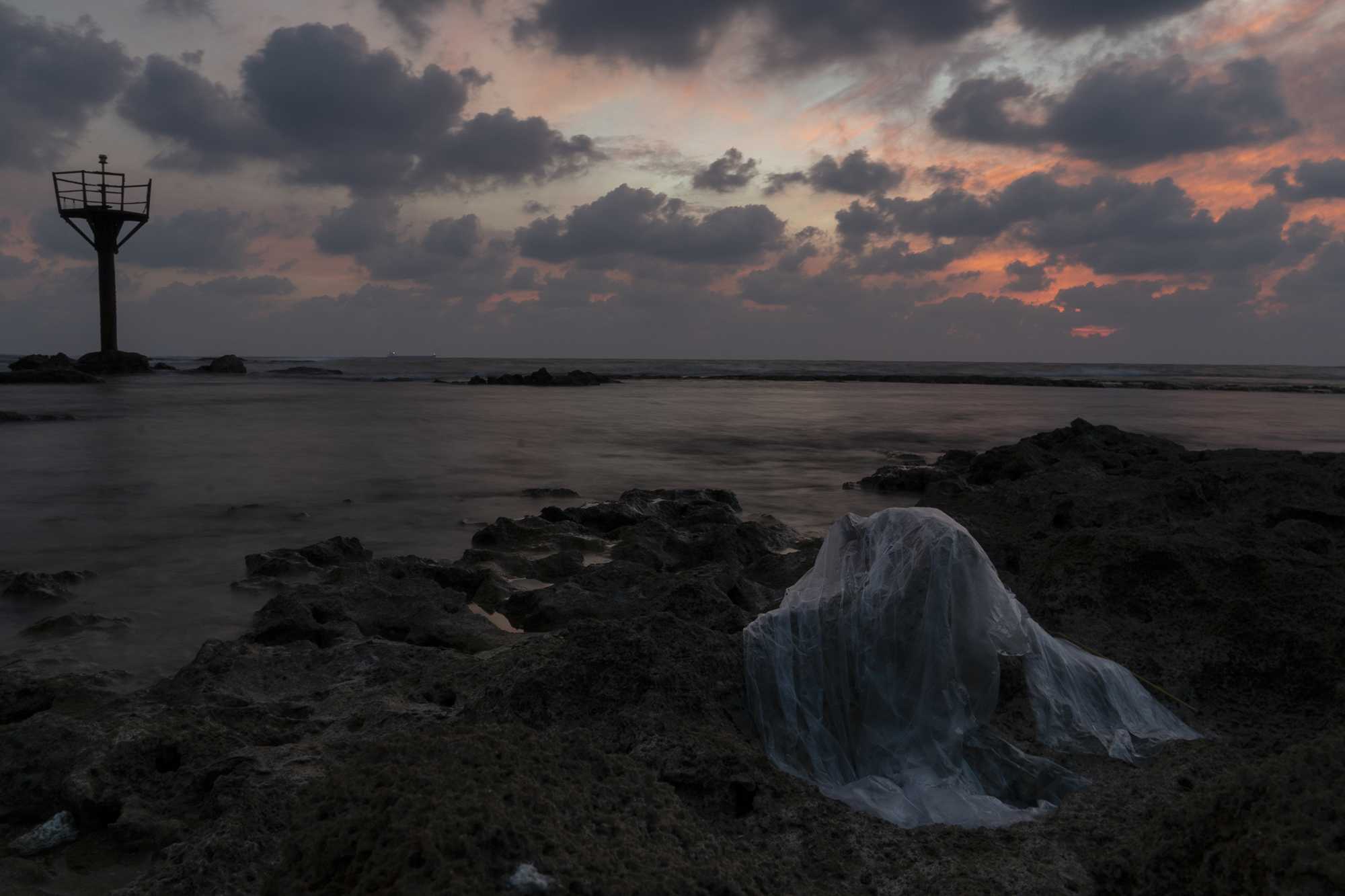Jisr az-Zarqa, Israel
Words and Photos by Taylor Bissey, Contributing Photographer
This photo story is a glimpse into the Israeli town of Jisr az-Zarqa, one of the only artisanal fishing communities remaining along the Israeli coast. The skill has been passed down through generations, but there have been changes in the past decade that have impacted the community. Fishing has been the main source of income for this small community, but as the number of fish declined, it became difficult to earn a steady income. One fisherman named Mussa said, “I would like my children to go to university. The sea isn’t going anywhere.”
Click to read more about this project
Jisr az-Zarqa, translating to “bridge over the blue” in Arabic, has a complicated history. The residents were supposedly swamp Bedouin known as Arab Ghawarina, Sudanese slaves brought from Egypt in the 19th century and people from the Jordan and Hula Valleys. The two family names from these regions, Jarban and Amash, are still the most prevalent names within the town.
Jisr az-Zarqa is the only remaining Arab town on the Mediterranean Coast, partially due to the relationship forged with the Jewish community in the nearby town of Zikhron Ya’akov during the 1920s. In the past two decades, the population of the town has doubled, growing to about 15,000 today. It has some of the country’s highest unemployment and poverty rates, according to the Israel Central Bureau of Statistics. This stands in stark contrast to its neighbor, Caesarea, the wealthiest city in Israel and home to Prime Minister Benjamin Netanyahu. A rise in population along with a lack of space has caused the city’s population density to rise. Jisr az-Zarqa is bordered by the Mediterranean Sea to the west, Caesarea to the south, a highway to the east and the Nahal Taninim Nature Reserve and the kibbutz Ma’agan Michael to the north.
I stayed at Juha’s guesthouse while I photographed the fishing community that sits along the coast in front of Jisr az-Zarqa. It is the center of many initiatives to foster change in the community. Many of the initiatives include keeping the city clean, providing skills to women within the town and helping to create business models for the community.
The fishermen cluster in the shed on the shell-strewn beach. Their community thrives in the summer when the nets are full of fish. A dark, stormy day, on the other hand, is a gamble; the swirling muddy waters promise a good catch, but the fisherman risks losing all the nets.
It is during the morning that the tight-knit community of the town is really witnessed. Families venture to the beachfront to get the fresh catch, crowding around the pale-yellow truck driven up the hill with a back full of fish.
At 77 years old, Halil Jarban is the father figure for the community. He embodies the connection many of the fishermen have with the sea. While he no longer sets sail, the first thing he does each day is look at the water. “I give my wife an insulin shot and her breakfast, and then I come straight to the sea,” Halil said. “Thirty years ago, you couldn’t have sat here with me, because I would have been in the sea all the time.”
Email Taylor Bissey at [email protected].
